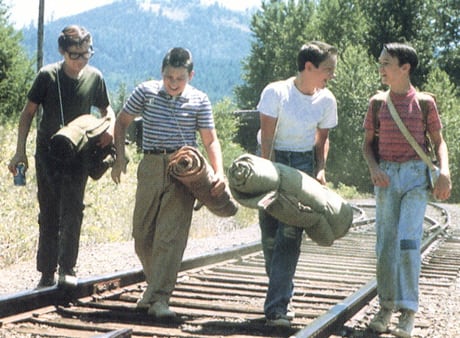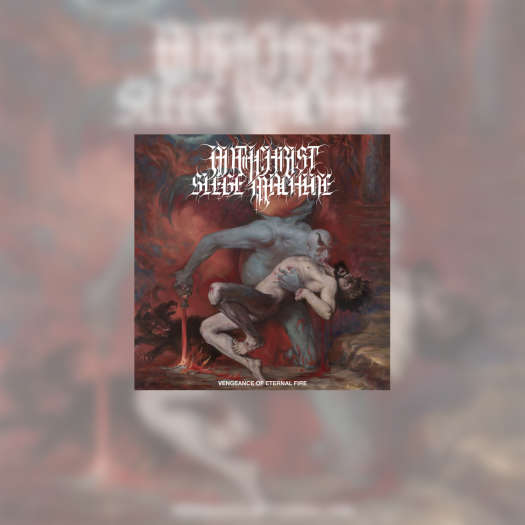While travelling through the countryside along train tracks looking for the dead body of a local boy, meek and artistic 12-year-old Gordie LaChance (Wil Wheaton) tells his three friends ― Chris (River Phoenix), Teddy (Corey Feldman) and Vern (Jerry O'Connell) ― the story of Lardass Hogan. Tired of persistent mockery and the uniform chant of "boom bobba boom bobba" whenever he walked anywhere, Lardass concocted a plan to create a veritable barf-o-rama at a local pie-eating contest. Now, this mildly amusing story is clearly a thinly veiled parable about teasing, just as Stand by Me is an obvious coming-of-age narrative about death and its connection to the loss of innocence. But what people took away from the film back in the '80s when it was released was only the sheer hilarity of exclaiming "boom bobba boom bobba" when an endomorph walked into a room. For years after Rob Reiner's adaptation of the Stephen King novella, The Body, children and adults alike regurgitated this little gag, never really understanding or caring about the morality or deeply tragic message of the film. Stand by Me also re-injected '50s pop tunes like "Yakety Yak" and "Lollipop" into the cultural lexicon, additionally sparking lively debates like, "Who would win in a fight: Mighty Mouse or Superman?" to schoolyards everywhere. It made stars of River Phoenix and Wil Wheaton ― Feldman already had The Goonies and Gremlins under his belt ― ensuring their place on teen magazine covers for years to come. Despite its few shortcomings ― relying on contrivance and writing adult characters as mere ciphers ― this rumination on the many things lost on the journey to adulthood holds a significant place in pop culture history, remaining quite affecting to this day. In the new special feature, a picture-in-picture commentary track with Reiner, Feldman and Wheaton, they discuss the impact this film had, along with crap like Jerry O'Connell marrying Rebecca Romijn. The "Walking the Tracks" supplement holds a bit more appeal, sharing interviews with King and various cast members, who discuss the purpose of the film and their connection to the material, linking it to the actual production. No one discusses how differently the film would have turned out if Adrian Lyne had directed it, as initially planned.
(Warner)Stand by Me: 25th Anniversary Edition [Blu-Ray]
Rob Reiner

BY Robert BellPublished Apr 1, 2011



